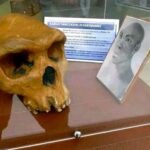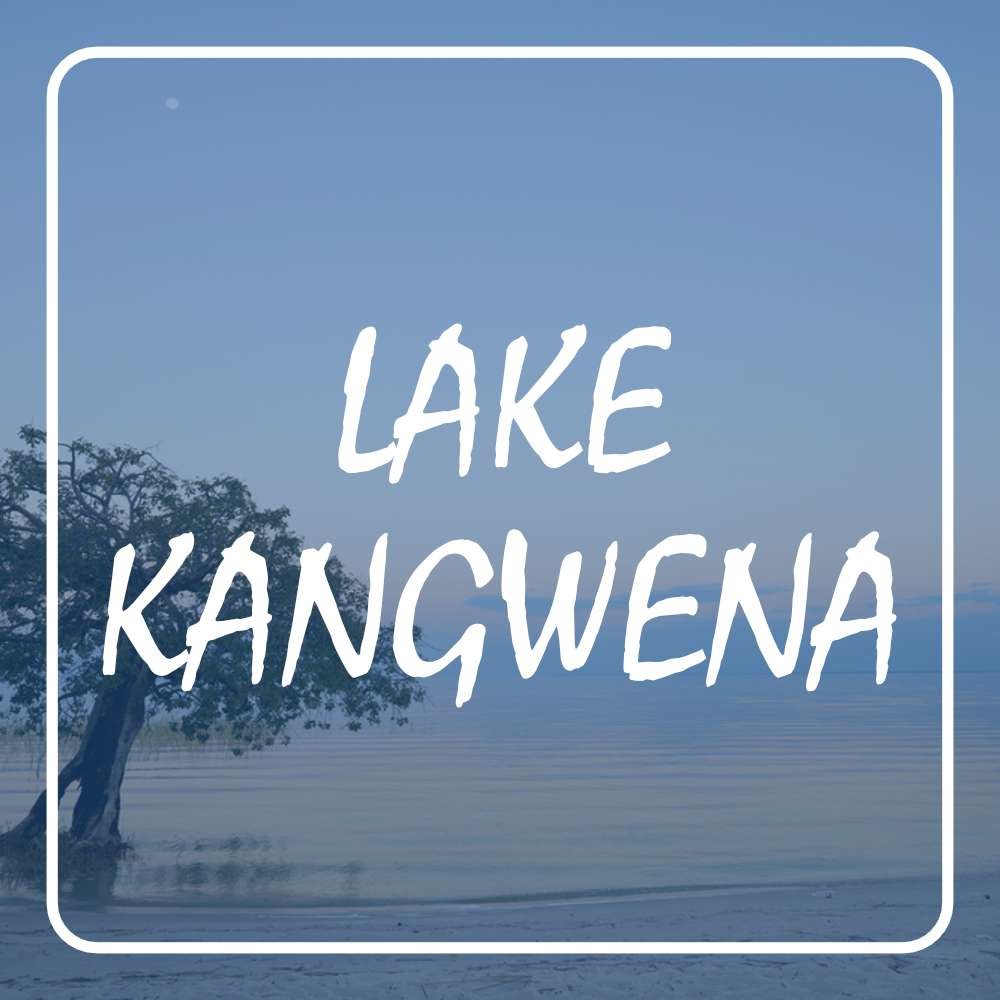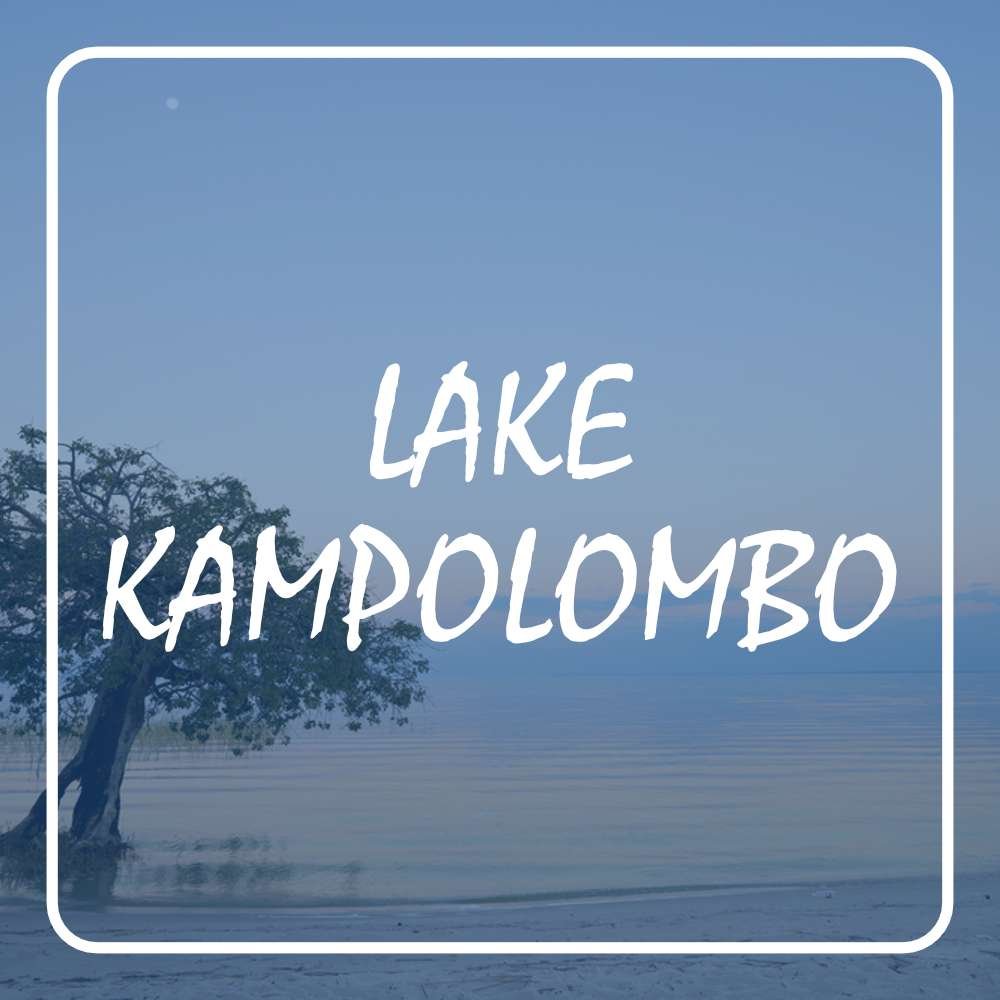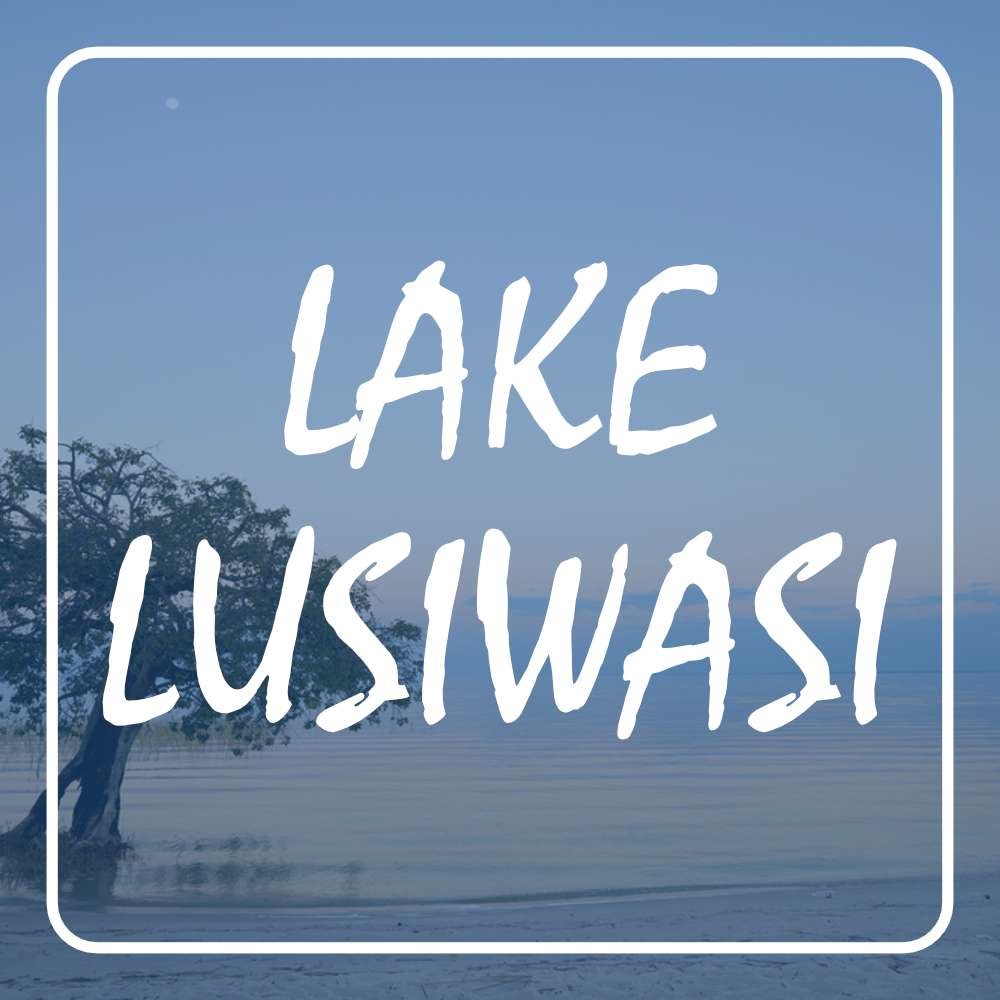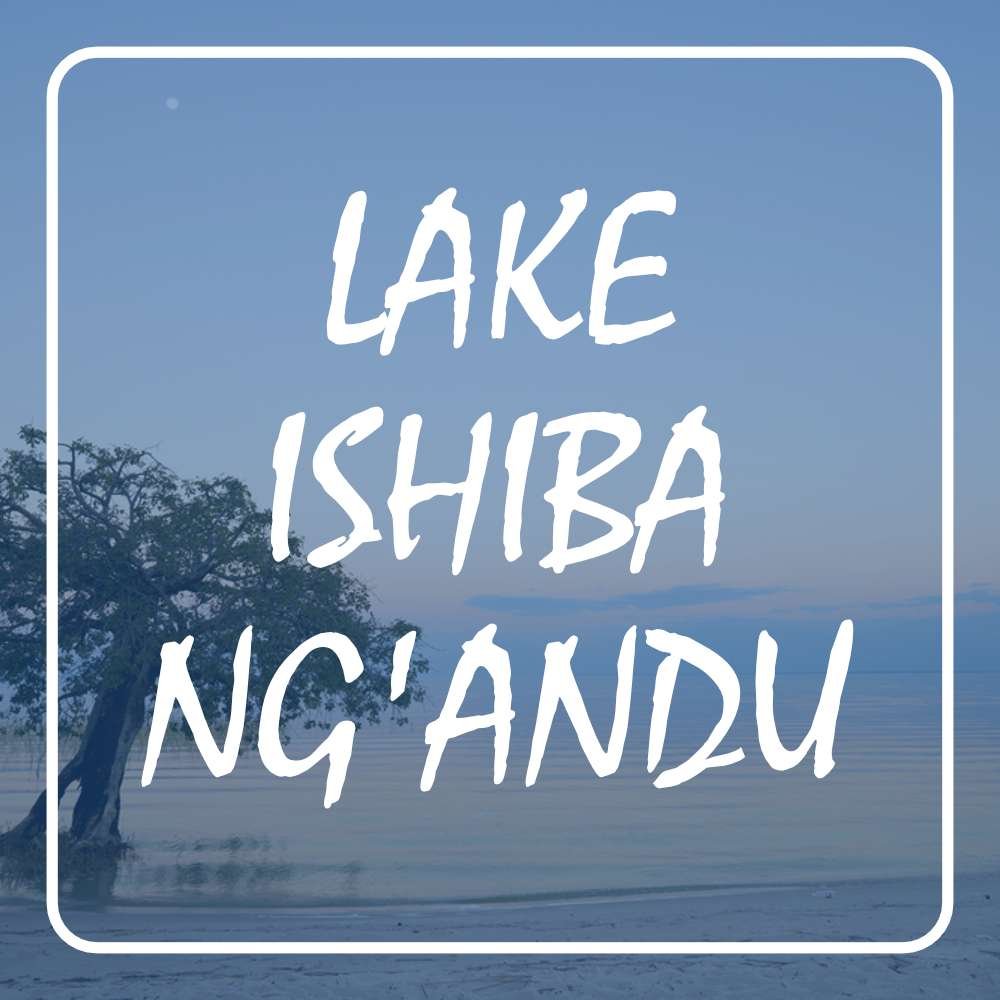Lake Tanganyika
- Lake Type: Freshwater Lake, Ancient, Rift Valley Lake
- Coordinates: 6°30′S 29°40′E
- Volume: 18900 km3
- Surface Area: 32900 km2
- Max Length: 673 km
- Max Width: 72 km
- Avg. Depth: 570 m
- Max Depth: 1470 m
- Surface Elevation: 773 m
- Inflow: Ruzizi River, Malagarasi River, Kalambo River
- Outflow: Lukuga river
- Islands: Kavala Island (DRC), Mamba-Kayenda Islands (DRC), Milima Island (DRC), Kibishie Island (DRC), Mutondwe Island (Zambia), Kumbula Island (Zambia)
- District(s): Kigoma (Tanzania), Kalemie (DRC), Bujumbura (Burundi), Mpulungu (Zambia)
- Countries: Burundi, DR Congo, Tanzania, and Zambia
Share:
General Information
Lake Tanganyika is an Ancient African Great Lake. It is the second-oldest freshwater lake, the second-largest by volume, and the second-deepest in the world.
It is the world’s longest freshwater lake. The lake is shared among four countries namely, Tanzania, the Democratic Republic of the Congo (DRC), Burundi, and Zambia, with Tanzania and DRC possessing the majority of the lake.
The Lake was first name Etanga yania by the Bembe People around the 7th century. It was later internationaly changed to Tanganyika which alternatively in the Luvale language of Zambia & Angola, the word literally means “star”, pointing to the lake having supernatural or cosmological significance to the surrounding tribes.
Fishery
The lake holds at least 250 species of cichlid fish and undescribed species remain. Almost all (98%) of the Tanganyika cichlids are endemic to the lake and it is thus an important biological resource for the study of speciation in evolution.
Lake Tanganyika is also home to more than 80 species of non-cichlid fish and about 60% of these are endemic.
When it comes to molluscs and crustaceans, a total of 83 freshwater snail species (65 endemic) and 11 bivalve species (8 endemic) are known from the lake.
Lake Tanganyika supports major fishery and the lake is vital to an estimated 10 million people living in the greater basin. The fish can be found exported throughout East and surrounding parts of Africa.
Wildlife & Birdlife
Lake Tanganyika and associated wetlands are home to Nile crocodiles (including famous giant Gustave), Zambian hinged terrapins, serrated hinged terrapins, and pan hinged terrapins (last species not in the lake itself, but in adjacent lagoons). Storm’s water cobra, a threatened subspecies of banded water cobra that feeds mainly on fish, is only found in Lake Tanganyika, where it prefers rocky shores.
Protected Areas
Local Legends
According to a legend of the indigenous people from some parts of the Fiji islands in the South Pacific Ocean, the Fijians originated from Tanganyika. The myth is thought to have originated in relatively recent decades.
No donation to this project yet.
| M | T | W | T | F | S | S |
|---|---|---|---|---|---|---|
| 1 | 2 | 3 | 4 | 5 | 6 | 7 |
| 8 | 9 | 10 | 11 | 12 | 13 | 14 |
| 15 | 16 | 17 | 18 | 19 | 20 | 21 |
| 22 | 23 | 24 | 25 | 26 | 27 | 28 |
| 29 | 30 | 31 | ||||


